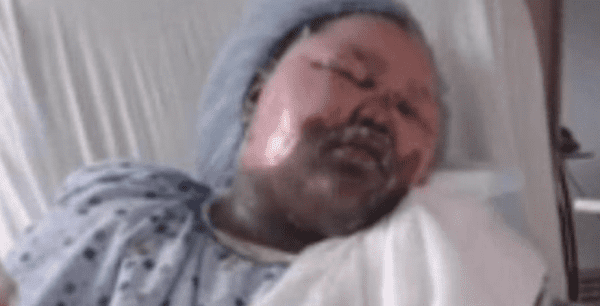
Most of us remember hanging out with friends at the mall, talking on the phone for hours (which has mostly been replaced by texting) and going to sleepovers. Though much fun was had, sometimes sleepovers or other activities proved dangerous or hurtful.
Dangerous sleepover
For one 11-year-old girl, a seemingly innocent sleepover turned violent. Jamoneisha Merritt received second-degree burns on her face and shoulders after her 12-year-old friend poured boiling water on her while Merritt slept, according to New York Daily News.
The 12-year-old warned Merritt not to go to sleep after the two had an argument. Merritt's cousin Yolanda Richardson said, "She told her if she goes to sleep they were going to do something to her."
Merritt's family hasn't yet showed the girl how severe her burns are.
Maybe this case against sleepovers is extreme, but maybe not by much.
Risks of sleepovers
1. Bullying
Just like Jamoneisha's story, bullying can and does happen at sleepovers. A kid might think that a group or person finally wants to be friends with them, but really, it's just a way to get a child trapped in a situation where more intense bullying can occur.
2. Making out
Kissing can occur between same-sex, opposite sex and yes, even cousins. Perhaps making out isn't that serious at first glance, but it can lead to risky experimentation or behaviors. Learning about kissing and sexuality is best done at home, not a sleepover.
3. Pornography
Pornography can be particularly damaging for children and teens as their minds are still developing.
Will Odom from The Humbled Homemaker recalled that his first experience with pornography was at a sleepover after his friend's parents went to bed. Even though he knew it was wrong, he was afraid of seeming like a "baby," so he just dealt with it.
4. Sexual abuse
Sexual abuse can happen, no matter how often you tell your kids not to let anyone touch their private areas. It can occur while they are asleep or awake. Friends, friend's siblings, parents or others can be perpetrators.
Even though you've coached them on what to do if sexual abuse happens, most children won't say anything because of fear. Free Range Kids states, "Statistics show that it is very unlikely that a child will actually call for help, even after being told to do so by his/her parents. But even if the child did call, the abuse would already have occurred!"
After sexual abuse happens, even though the actual abuse is over, the healing takes a lifetime and has long-lasting effects. A sleepover is not worth the risk.
5. Other mischief
Even the most well-behaved children have succumbed to peer pressure. Sneaking out, drinking alcohol, smoking, drug use, vandalism, theft and sexting are all more likely to occur during a sleepover. Kids have all night and are looking for fun, and innocent ideas can turn dangerous and risky.
Whether or not you allow sleepovers, no parent should dismiss the very real and scary situations that can happen. Is it really worth the risk of your child's safety? Is it worth the potential regret? This is more than losing sleep and goofing off late into the night; this is potential for long term physical, emotional and mental damage.
As an alternative, do late nights. Allow children to be with friends until a couple of hours past their bedtime. Nothing good happens in the middle of the night anyhow. Yes, we still need to talk to them about safety and bullying, but we don't need to put them in harm's way.

